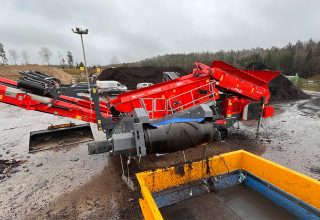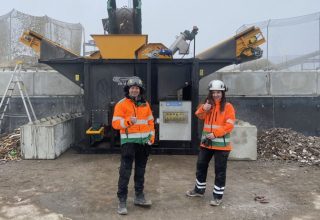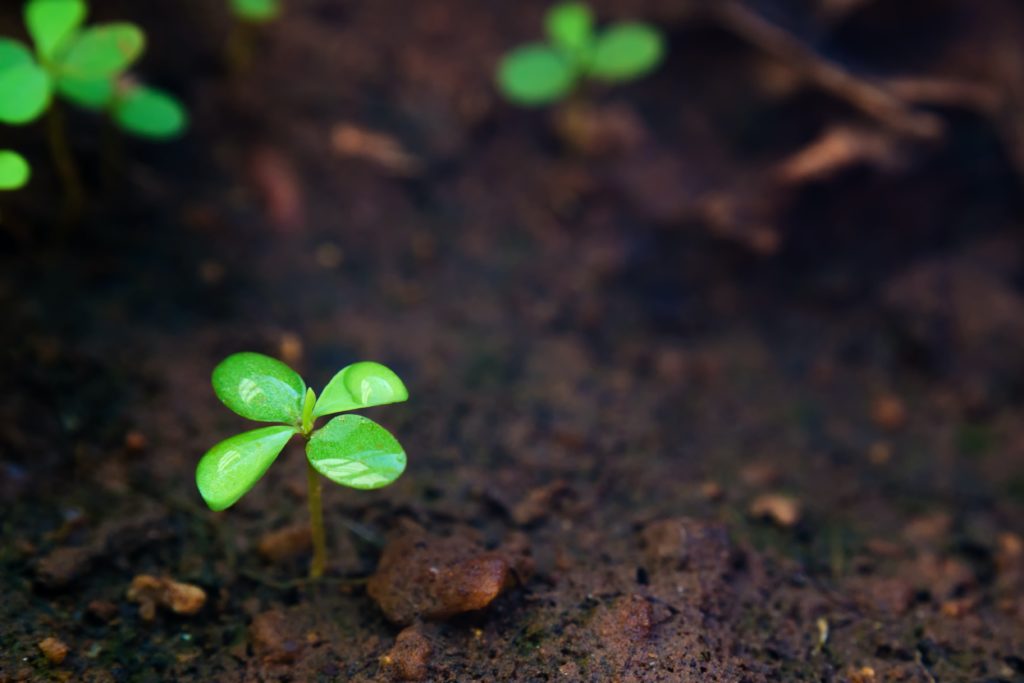The importance of industrial soil seeding
Screening soil on an industrial scale is not just a matter of improving soil quality. It is a critical process for reusing and restoring soil from excavated and compost soils. This process contributes to sustainable development by reducing waste disposal and promoting the reuse of valuable resources. It is also a cost-effective solution for many industries and projects in the construction sector.
Screening contaminated soils
Norditek has several different problem solvers to deal with different types of contaminants in soils. It can be anything from metal in the soil of old shooting ranges to small plastic particles in compost soil. Norditek has developed several machines based on different separation techniques to solve such problems, for example Our windshifter vs 1220.
How to sieve soil effectively
To meet the needs on an industrial scale, robust and efficient screening solutions are required. Here are some of the most commonly used machines:
Shaft sieves for soil
These sieves use vibration to separate smaller particles from larger materials. They are particularly effective at fine-tuning the quality of the soil, which is crucial when recycling compost soil.
Screening plants with a lime mixer
A very time and cost effective way to deal with unstable soils is to use a Screening plants with lime mixes. Depending on the soil properties, a method can be chosen where the unstable soil is dug up and sieved through the Backer 3-fraction star screen.
Trommel screen
Drum sieves are good for treating large quantities of soil. They effectively separate the desired particle sizes from excavated materials, making them a valuable resource for reuse. These screens are designed to handle both dry and wet soil, making them versatile for different types of soil recycling.
Washing facility
The process of washing soils can vary depending on the type and degree of contamination. Here are some common steps that can be included in a washing process. Read more about soil washing here.
Norditek's advanced screening solutions
Norditek is at the forefront of offering advanced screening solutions for industrial soil recycling. With a range of innovative products, Norditek can offer customized solutions that match specific needs and requirements to efficiently recycle soil from excavation and compost soils.
Summary term soil
Targeting soil industrially and getting the right quality and capacity is about using the right equipment and methods. Then companies and industries can contribute to a more sustainable environment while streamlining their operations. With Norditek's leading technology and expertise in the field, we can ensure that your soil recycling process is as efficient and environmentally friendly as possible.
Keywords: soil sieving, soil recycling, industrial soil processing, drum sieves, vibrating sieves, rotary sieves, excavated soil recycling, compost soils, Norditek, sustainable development, environmentally friendly.




